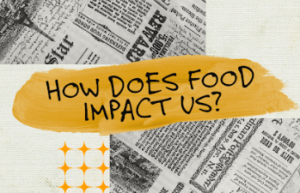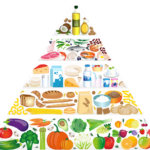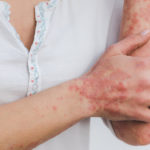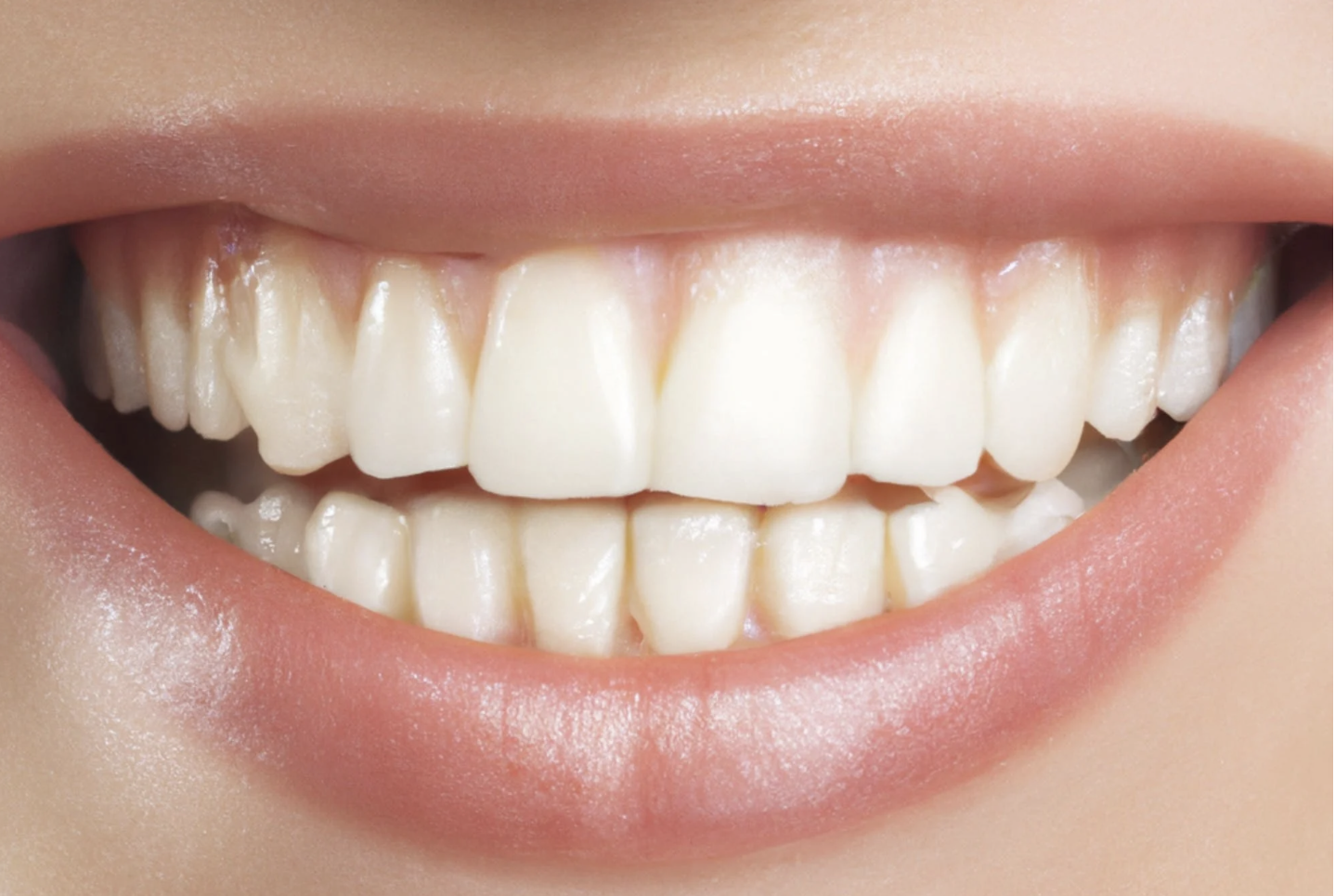The Power in Spoonie Community

One of the most powerful tools we have in the chronic illness community is to learn from one another and share experiences. Having an illness can cause strong emotions of loneliness and isolation. Using the internet as a tool to help chronically ill people connect and share stories is one of the most effective ways to learn how to care for your own body. Ideas for what foods to try or avoid, what types of exercise works for others with the same condition or simply finding a friend are all great benefits of hearing others’ testimonies.
learn how to care for your own body. Ideas for what foods to try or avoid, what types of exercise works for others with the same condition or simply finding a friend are all great benefits of hearing others’ testimonies.
In an interview with Dani Taylor, a student at North Central University, she discusses her relationship with food and her chronic illness. Taylor was diagnosed at 10 years old with Complex Regional Pain Syndrome or CRPS. Now in her 20s, she has come a long way in figuring out food and the implications it has on her body through much trial and error.
When asked how much processed food plays into her chronic illness, she responded with, “I wouldn’t say processed food gave me my illness, but it probably doesn’t help it.” Taylor then went on to discuss how there are some kinds of illnesses that are more deeply impacted by foods such as Celiac or Irritable Bowel Syndrome (IBS). However, due to the nature of her specific chronic illness, she has not experienced too much of an impact because of food.
 Taylor just lives by making sure to fill her body with the essential nutrients that it needs. Taylor places emphasis on treating her body the best she can with proper food and exercise. Taylor goes on to note, “As a human if I eat a small dose of rat poisoning, I won’t be hurt, it’s eating large amounts of that I will notice negative consequences.” Meaning, having a balanced diet and recognizing that foods aren’t inherently bad is good, but realizing it’s all about moderation.
Taylor just lives by making sure to fill her body with the essential nutrients that it needs. Taylor places emphasis on treating her body the best she can with proper food and exercise. Taylor goes on to note, “As a human if I eat a small dose of rat poisoning, I won’t be hurt, it’s eating large amounts of that I will notice negative consequences.” Meaning, having a balanced diet and recognizing that foods aren’t inherently bad is good, but realizing it’s all about moderation.
Upon diagnoses many doctors will prompt patients to try different diets to see the impacts certain foods have on their bodies. Besides being dairy free, doctors have had Taylor try a gluten-free diet. However, following a gluten-free diet did not have any positive impacts when it came to her chronic illness. Taylor did note that she does stay away from any food with dairy in it. This has helped avoid noticeable impact of low energy levels because of dairy.
Some of us may be in the same boat as Dani Taylor or some of us might have a story similar to Leah Murrell. She has struggled a long and tedious battle with Eczema since eighth grade, a similar story to Taylor’s, with much trial and error to figure out what works best for her. Now almost 22, Murrell feels she is finally on the verge of winning the battle.

Around 15-years-old, Murrell started to notice red dry patches on various places of her body. Starting with the back of Murrell’s neck, the Eczema quickly spread to her eyelids, ears and hands. The patches of skin were dry and hurt on more sensitive spots such as her eyelids. Murrell and her parents worked to define different treatments such as apple cider vinegar and aloe to wash your hair. These at home treatments do not seem to work as well as they are needed. They then started to look into other options.
Soon help from a doctor was sought out and she was prescribed a topical steroid cream to place on the flare ups. However, Murrell noted that she knew this was not going to be a long-term fix and wanted to get to the root cause. Diet changes seem to be the next option for Murrell and her parents. A gluten and dairy free diet were put into place but again did not find much luck.

Murrell stuck with the diet until going to college in the summer of 2019. There was a notable difference when she consumed dairy but not so much gluten. Murrell now has cut dairy out of her diet as much as possible since then. On top of this, she has started to make homemade treatments to help with her Eczema. Ingredients such as coconut oil, tea tree oil and honey are combined. Murrell noticed that the combination of these have significantly helped with her Eczema.
In the end, Murrell did not find the root cause of her Eczema through doctors. She believes that the Eczema she now has could’ve been caused by puberty due to it showing up around that time. Murrell did find holistic healing with trial and error and listening to her body.
 Listening to your body and fueling it with needed nutrients is the biggest key to living a quality life. Consumed by a culture and society emphasizing quantity over quality, there is a need to break the status quo. Starting healthy habits at an early age are vital to our well-being as we age.
Listening to your body and fueling it with needed nutrients is the biggest key to living a quality life. Consumed by a culture and society emphasizing quantity over quality, there is a need to break the status quo. Starting healthy habits at an early age are vital to our well-being as we age.
In NCU’s Writing for Media Class, Annie Sallee talks about the relationship of food and chronic illness.





